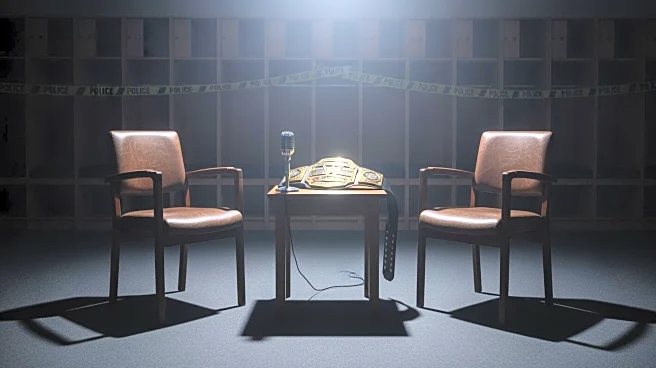What's Happening?
The federal indictment process involves a grand jury issuing a formal written accusation, known as an indictment, against a person charged with a crime. This process is initiated by a prosecutor and requires
the grand jury to determine whether there is probable cause to believe the accused committed a public offense. An indictment is referred to as a 'true bill,' while a failure to indict is called a 'no bill.' In federal criminal proceedings, indictments are part of the pleadings, alongside pleas of guilty, not guilty, or nolo contendere. The process ensures that charges are based on sufficient evidence before proceeding to trial, maintaining the integrity of the judicial system.
Why It's Important?
The federal indictment process is a critical component of the U.S. criminal justice system, ensuring that individuals are not subjected to trial without sufficient evidence. It serves as a safeguard against arbitrary prosecution and upholds the constitutional rights of the accused. By requiring a grand jury's approval, the process provides a layer of protection for individuals, ensuring that only cases with probable cause proceed to trial. This helps maintain public confidence in the legal system and prevents the misuse of prosecutorial power. The process also allows for transparency and accountability in criminal proceedings, reinforcing the rule of law.










